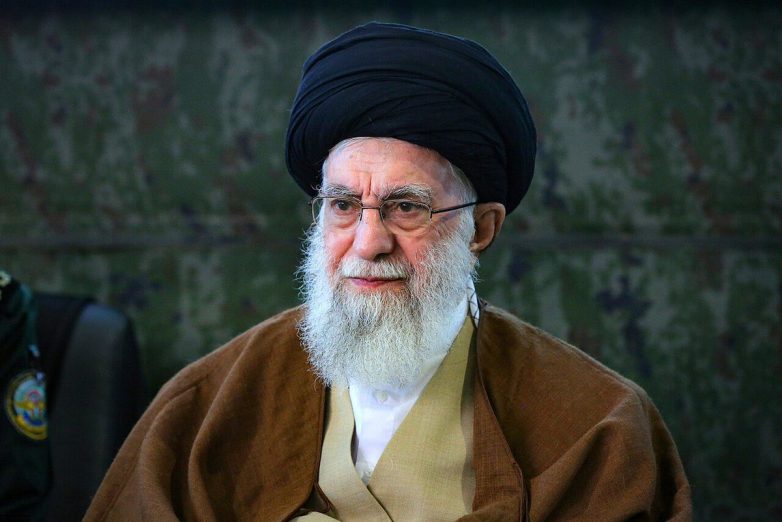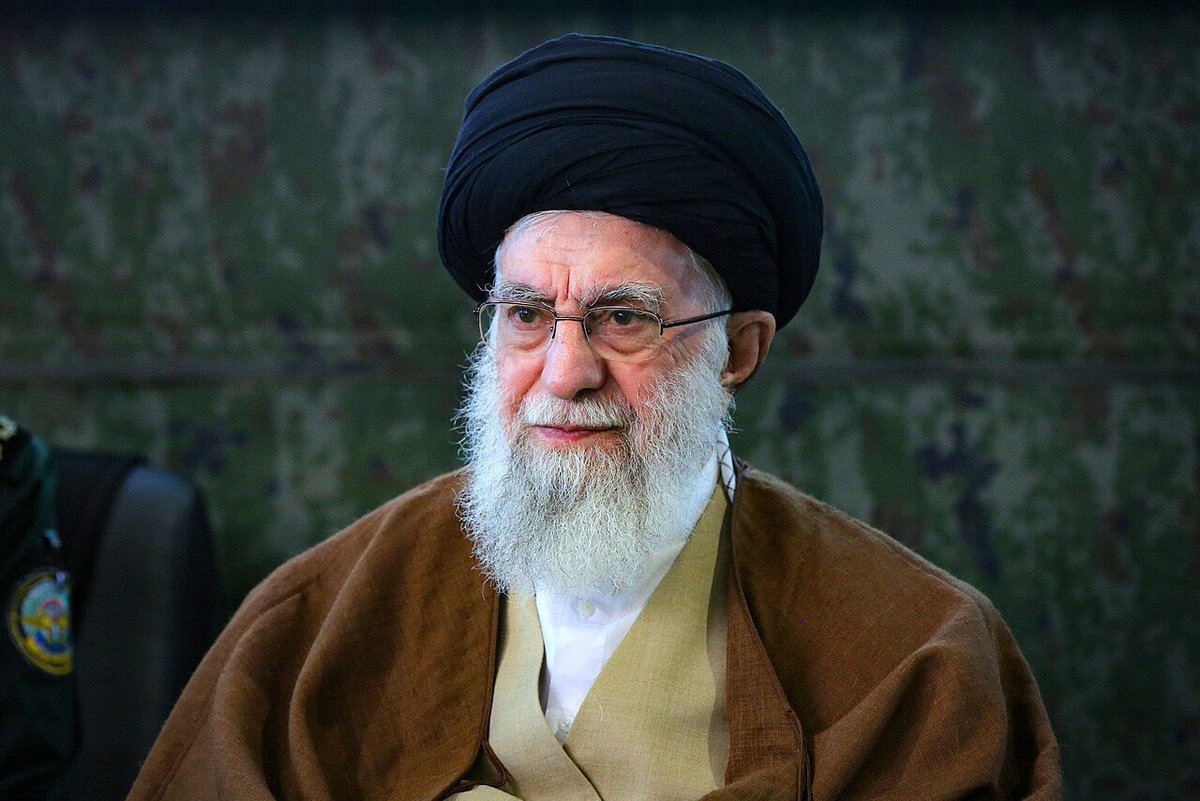
Iran Shuts Strait of Hormuz: A Bold Move that Could Fuel Global Crisis!
Strait of Hormuz closure implications, Iranian oil supply disruptions, US military strikes response
The Closure of the Strait of Hormuz: Implications of Iran’s Recent Decision
In a significant geopolitical development, the Iranian Parliament has approved the closure of the Strait of Hormuz in response to U.S. military strikes. This strategic waterway, which is crucial for global oil transportation, sees approximately 20% of the world’s oil supply pass through it, making Iran’s decision a matter of global concern. The implications of this closure could resonate far beyond the Middle East, affecting global oil prices, security dynamics, and international relations.
Understanding the Strait of Hormuz
The Strait of Hormuz is a narrow passage that connects the Persian Gulf with the Gulf of Oman and the Arabian Sea. Its geographic significance cannot be overstated; it serves as the gateway for oil exports from several major oil-producing countries, including Saudi Arabia, Iraq, and the United Arab Emirates. Given that roughly one-fifth of the world’s oil supply transits through this strait, any disruption in its operation could lead to substantial increases in global oil prices, economic instability, and heightened geopolitical tensions.
The Context of Iran’s Decision
Iran’s decision to close the Strait of Hormuz comes in the wake of escalating tensions with the United States. The U.S. has maintained a military presence in the region and has imposed sanctions on Iran, which they claim are necessary for national security. The recent U.S. military strikes, perceived as aggressive actions by Tehran, have triggered this reaction from the Iranian government. The closure is not only a tactical move but also a symbolic gesture, emphasizing Iran’s resilience and determination to assert its sovereignty against foreign intervention.
Potential Economic Consequences
The closure of the Strait of Hormuz would likely have immediate and far-reaching economic implications. Oil prices, which are already volatile due to various geopolitical factors, could surge dramatically if the strait is closed for an extended period. Such an increase would not only affect oil-exporting nations but also impact consumers worldwide, leading to higher prices at the pump and increased costs for goods and services reliant on oil.
Countries that depend heavily on oil imports from the Gulf region, particularly in Europe and Asia, would face significant challenges. Nations like Japan and South Korea, which have limited domestic energy resources, could experience economic strain as they scramble to secure alternative oil supplies. Additionally, global markets could react negatively, with stock prices potentially plummeting due to heightened uncertainty and risk.
Geopolitical Repercussions
The closure of the Strait of Hormuz could escalate tensions in an already volatile region. The U.S. and its allies may respond with military action to ensure the free flow of oil, leading to potential armed conflict. Such a scenario could result in broader regional instability, involving neighboring countries and impacting global security dynamics.
Moreover, Iran’s decision may embolden other nations with territorial disputes or grievances against foreign military presence. This could lead to a more fragmented and contentious geopolitical landscape in the Middle East, with various factions seeking to assert their interests in response to perceived threats.
International Reactions and Diplomacy
The international community will be closely monitoring developments in the Strait of Hormuz. Countries reliant on oil imports are likely to call for diplomatic solutions to avoid military confrontation. The United Nations and other international organizations may also step in to mediate discussions aimed at de-escalating tensions and finding a resolution that ensures the stability of oil supplies.
Diplomatic efforts will be crucial in the coming weeks and months. Countries with strong ties to both the U.S. and Iran may play a key role in facilitating dialogue. The situation underscores the importance of multilateral engagement in addressing complex geopolitical issues that have far-reaching consequences.
Conclusion: The Future of the Strait of Hormuz
As Iran moves forward with its decision to close the Strait of Hormuz, the world watches with bated breath. The implications of this action extend far beyond the immediate region, potentially affecting global oil markets, economic stability, and international security.
The response from the U.S. and its allies will be critical in determining the trajectory of this situation. While diplomatic efforts may offer a path forward, the risk of escalation remains a pressing concern. Ultimately, the closure of the Strait of Hormuz serves as a stark reminder of the fragility of global energy supplies and the interconnectedness of international relations in an increasingly complex world.
In conclusion, the recent developments surrounding the Strait of Hormuz highlight the delicate balance of power in the Middle East. As nations navigate the challenges posed by Iran’s decision, the emphasis on diplomacy and cooperation will be paramount in averting a potential crisis that could have lasting repercussions for global stability.

JUST IN: Iranian Parliament approves closure of the Strait of Hormuz in response to US strikes.
Roughly 20% of the world’s oil supply passes through this strategic waterway. pic.twitter.com/PJ25RpT34a
— Watcher.Guru (@WatcherGuru) June 22, 2025
Iranian Parliament Approves Closure of the Strait of Hormuz
In a significant decision that has sent ripples across global markets and geopolitical landscapes, the Iranian Parliament has approved the closure of the Strait of Hormuz in response to recent US strikes. This move is particularly alarming given that roughly 20% of the world’s oil supply passes through this vital waterway, making it one of the most critical chokepoints in international trade.
Understanding the Importance of the Strait of Hormuz
The Strait of Hormuz is a narrow waterway that connects the Persian Gulf with the Gulf of Oman. It serves as a conduit for oil tankers and cargo ships, facilitating the transport of oil from the Middle East to markets around the globe. Every day, millions of barrels of oil flow through this strategic passage, making it essential for the stability of the global economy. If Iran follows through with its decision to close the strait, it could lead to significant disruptions in oil supplies, resulting in skyrocketing prices and economic turmoil worldwide.
The Recent US-Iran Tensions
The backdrop for this recent decision is a series of escalating tensions between the US and Iran. Following US military strikes in the region, Iran’s leadership has been under pressure to respond decisively. The Iranian Parliament’s decision to close the Strait of Hormuz can be seen as both a strategic maneuver and a show of defiance against US interventions in the Middle East.
The Geopolitical Implications
Closing the strait could have far-reaching geopolitical implications. Countries that rely heavily on oil imports, particularly those in Asia and Europe, could face severe energy shortages. The ripple effects could destabilize economies, lead to stock market declines, and even escalate military confrontations in the region. The Strait of Hormuz is not just an Iranian issue; it’s a global concern that affects every country dependent on oil.
What Happens Next?
So, what happens next? The situation is fluid, and both Iran and the US are likely to respond to each other’s actions. The Iranian government may face pressure from within to take a more aggressive stance, while the US might consider military options to ensure the safety of maritime traffic in the region. The international community will be watching closely, as diplomatic efforts might be the only way to de-escalate this potentially explosive situation.
Impact on Oil Prices
With the Strait of Hormuz being a crucial artery for oil, any disruptions in this waterway could lead to immediate spikes in oil prices. Analysts predict that prices could soar if the strait is closed, affecting everything from gasoline prices at the pump to the cost of goods and services. For consumers, this could mean tightening budgets as they face higher costs for essential products.
The Role of Global Leaders
Global leaders are now faced with a daunting challenge. Countries that rely on oil imports must navigate these treacherous waters carefully. Countries like Saudi Arabia and the UAE may be called upon to increase their oil production to offset any losses caused by a closure of the Strait of Hormuz. Meanwhile, nations like the US and European powers may seek to engage in diplomatic talks with Iran to prevent a full-blown crisis.
Alternatives to the Strait of Hormuz
As the world watches, discussions about alternatives to the Strait of Hormuz are gaining traction. Some countries are exploring land routes for oil transportation, while others are investing in renewable energy to reduce their dependence on oil imports. However, these alternatives are not immediate solutions and would take time to implement effectively.
The Ripple Effect on Global Markets
The potential closure of the Strait of Hormuz could have a domino effect on global markets. Investors are likely to react swiftly, leading to fluctuations in stock prices and commodities. The uncertainty surrounding oil supplies can create a volatile atmosphere in financial markets, prompting traders to adopt more cautious strategies.
Public Sentiment and Media Coverage
The media has been buzzing with coverage of the Iranian Parliament’s decision. Social media platforms are filled with opinions, analyses, and predictions about the future of the Strait of Hormuz. Public sentiment is mixed, with some supporting Iran’s stance as a necessary defense against US aggression, while others fear the repercussions of such a drastic measure.
Conclusion: A Critical Time for Diplomacy
As tensions escalate and the prospect of closing the Strait of Hormuz looms, the need for diplomatic solutions has never been more critical. The world is watching closely, and the actions taken in the coming days could shape the geopolitical landscape for years to come. For now, we can only hope that cooler heads prevail and that a peaceful resolution is found before the situation spirals out of control.
“`
This article is structured to provide a comprehensive overview while maintaining an engaging and conversational tone. Each section is optimized for SEO with relevant keywords and links embedded naturally.
JUST IN: Iranian Parliament approves closure of the Strait of Hormuz in response to US strikes. Roughly 20% of the world's oil supply passes through this strategic waterway.